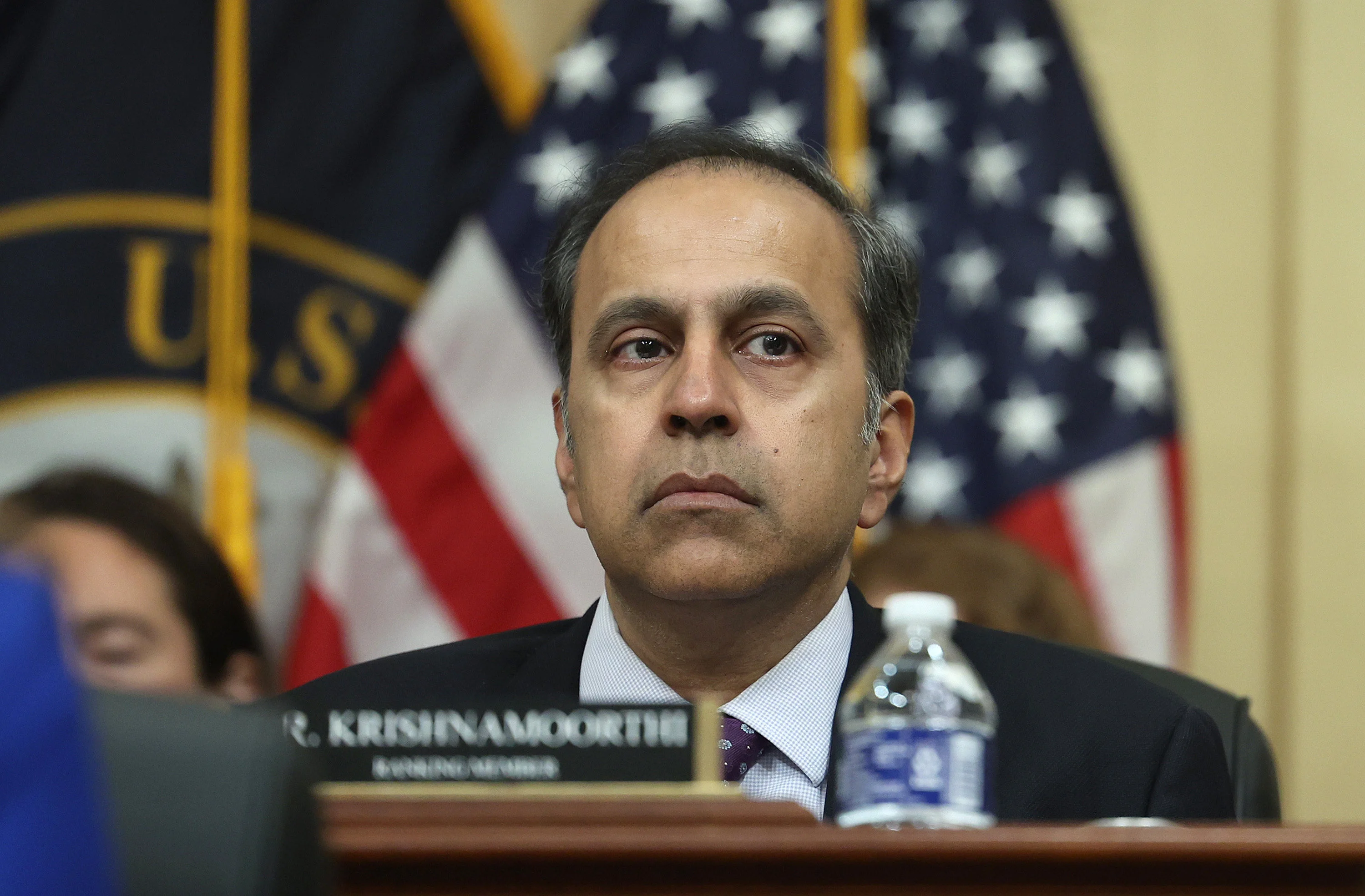Copyright scmp

US President Donald Trump’s administration needs to reverse the destructive policies undercutting America’s ability to compete with China in strategic hi-tech sectors or see Beijing race ahead, a leading member of the hardline US House Select Committee on China said on Wednesday. China’s commitment to the progress of tech innovation has caused unease in the United States, with Beijing’s continued investment in the industry standing in sharp contrast to the US government’s current shutdown and budget battles. However, following Beijing’s doubling down on tech investment at last week’s fourth plenum, the US House Select Committee on China is now exerting pressure on the Trump government, particularly on the Office of Management and Budget, urging for more government expenditure to help combat China’s growing threat. “When you defund [National Institutes of Health] and [National Science Foundation] and research at our universities, and when you say that people with international visas need not come here any more … you are basically hurting our technology ecosystem in a profound way,” Democratic Congressman Raja Krishnamoorthi, from Illinois, said in an online event with the Atlantic Council on Wednesday. “Our leadership is eroding because we’re not investing in ourselves,” he added, claiming the Trump administration is not working closely enough with the private sector to safeguard the tech industry. The congressman also highlighted Washington’s visa policy, citing Beijing’s recently launched K visa, a Chinese equivalent to the US H1B visa, which is aimed at attracting global talent. “The moment that we put US$100,000 tax on H1B visas, the Chinese came up with this K visa,” he said. “Now they’re trying to attract the talent that would otherwise come here and innovate here, create the next generation of companies here and allow us to continue to lead in a lot of these cutting-edge technologies.” Krishnamoorthi had earlier expressed his concerns about the US technology’s leadership strategy following the conclusion of China’s fourth plenum last week, a conclave where Beijing’s top decision-makers planned their future tech strategy and set targets for the next five years. “It is deeply concerning that Beijing continues to work at full speed to strengthen its economic, military and technological power, while the Trump administration is dismantling and disabling America’s own capabilities and undermining our competitive strengths,” he said in a statement. “To ensure that the United States retains its competitive edge, the administration should work with Congress to implement bold new strategies to invest in the people who power our research, innovation and economy.” The congressman accused the Trump administration of hollowing out the institutions that have made America a global leader in science, technology and research, as thousands of jobs for scientists and staff have been terminated or frozen at these and other federal agencies. He also warned last week that Washington’s proposed budget reduction for next year could go even further, including a cut of 57 per cent to the current year funding from the National Science Foundation and a 47 per cent cut for Nasa’s science programmes. The quarrels between the Republicans and the Democrats over the budget have already led to a government shutdown earlier this month. His comments followed growing concerns in the US about China leading the way in the hi-tech industry, including frontier areas like AI, robotics and biotech. The Chinese leadership has vowed to achieve “substantial improvements in scientific and technological self-reliance and strength” through its 2026-2030 development blueprint, including original innovation and breakthroughs in core technologies in key fields. In the policy recommendations released on Tuesday, Beijing signalled its commitment to tech self-reliance, a key development target over the next five years, which, in the Chinese context, often means massive government funding to sustain domestic growth and break the stranglehold posed by the US. “This is actually the first time that China has made it very clear it wants to hold commanding heights in a lot of the technological fields, especially when it comes to basic research,” Dan Wang, director for China at Eurasia Group, said at a webinar hosted by the Asia Society Policy Institute on Wednesday. “So it wants to take the lead in more fields, more breakthroughs in core technology, especially the AI application, the AI innovation, and these are quite key when it comes to the China-US competition.” China ranked No 10 in the global innovation index this year compiled by French business school INSEAD, up from No 43 in 2010. It still lags behind the US, which is ranked No 3, but it has room to grow as its innovation input only ranked No 19 in 2025. The world’s second-largest economy excels in subindexes such as domestic market scale, industrial design by origin and patent by origin, the business school said.



